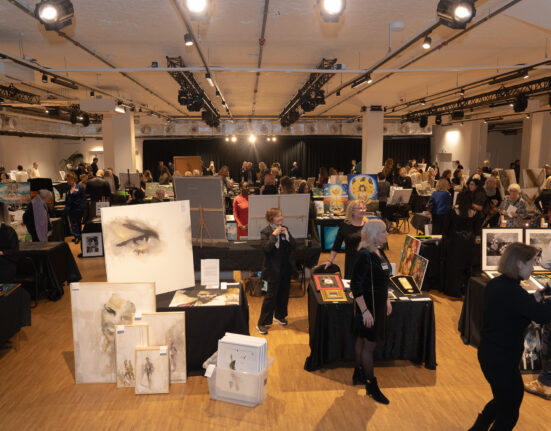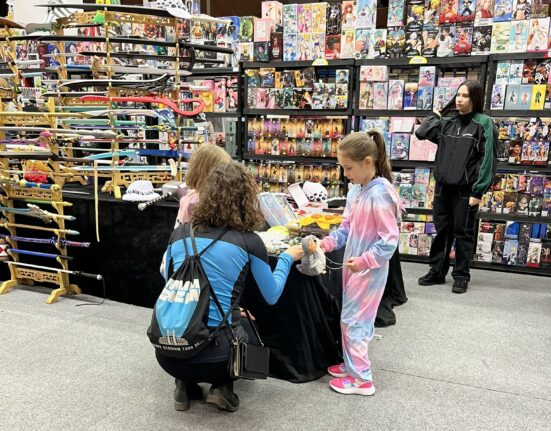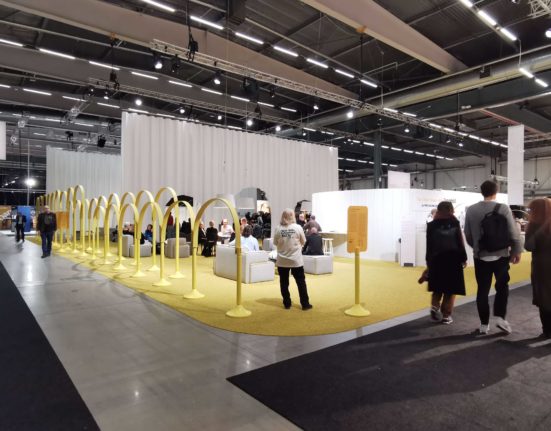Sweden has a thing about order. Everything has its place and it’s vital to know where everything is. Your Living City’s Rob Scott on the enduring mysteries of Stockholm.
Sometimes I think the Swedes confuse equality with equanimity. And I’m not just talking about things like shoes, jackets, hats, gloves and bowling balls (alright, no one has a place for bowling balls). I’m talking about people.
Everyone in this town knows what everyone else is doing. It’s one of Stockholm’s enduring mysteries. Except there’s no magic to it at all. I think there’s a simple reason for it. It’s because everyone in this town IS doing exactly what everyone else is doing. I know that – because every time I go to Systembolaget, everyone else is there. The whole. Darn. Town.
Because it’s pay day. It’s pay day for everyone. On the same. Darn. Day. But I also know it because when I go to my favourite restaurant during the summer holidays, it’s closed. Along with the coffee shop next door. And the pizza guy across the road. The only people working during holiday season are parking inspectors, writing tickets for cars whose owners are staggering around the streets, looking for a place to eat.
And I was reminded of it again this week.
I take my daughter to school every day. We walk the zig-zag path down the hill from our apartment, catch a bus to Slussen, then a train to our final destination. We get to Slussen about 7.45 every morning, give or take a few seconds.
Slussen, these days, resembles Tokyo’s Shinjuku station, with oceans of hapless commuters riding furious eddies in the general direction of the station platforms. The only thing missing are the wordless men in white gloves, politely shoving people onto the trains like they would wrestle elephants into a jam jar.
On this particular December Monday, we were running about 10 minutes behind schedule, and by the time we got to Slussen the ocean had dissolved into the odd puddle. The only thing that hadn’t changed was the absence of the white-gloved brigade. My daughter, who is usually clutching my hand like Tin-Man in The Wizard of Oz, suddenly let it go, and ran up the stairs to the platform as if she was the only person on the planet. She was. It was deserted. She came up and held my hand again (this time as if to confirm signs of life). “Where is everybody, Daddy?” Without thinking, I just blurted out, “They’re probably running late because they’ve been watching Julkalender.” Because I now think like that.
Perhaps I’ve been assimilated. But there had to be a reason. Things like this don’t just happen. Not in Sweden. It is universally known that a Swede would rather be 1 hour early than 5 minutes late.
I, along with my daughter, had also watched Julkalendern, the Swedish yuletide tradition since 1960, that morning. Like I said, assimilated. Owing to our relatively close proximity to the school, it hadn’t messed up our morning routine. But on arriving at work, it was the hot topic around the water-cooler. I was right. The whole town has virtually set its clocks back 15 minutes every morning from then until Christmas Eve.
Either Julkalender is part of Public Policy to control people’s behavior, or it’s just another example of a classic Swedish custom of doing things en masse. Together. Like standing in queues.
Rob Scott
Rob Scott is a writer, teacher and poet who can’t remember anything that happened in his life before the birth of his daughter seven years ago.
For more info about what’s happening in Stockholm, follow Your Living City on Twitter or subscribe to our newsletter here!












